“On World TB Day and during World TB month, the global community is appropriately focusing on the rapidly evolving global COVID-19 pandemic. The care of already vulnerable families and children affected by tuberculosis, including MDR-TB, should however not be neglected during this critical time.”
This is the message from Professor Anneke Hesseling, Director of the Desmond Tutu TB Centre (DTTC) at Stellenbosch University’s (SU) Faculty of Medicine and Health Sciences (FMHS). The university is leading a large new project valued at R280 million (US$18.9 million) that is developing child-friendly treatments and preventative therapy against multidrug-resistant tuberculosis (MDR-TB). Currently, treatment regimens for children are long, complex, toxic and poorly tolerated. A lack of high-quality evidence limits access to much-needed treatments that could prevent TB disease from developing in most of these children.
“Children have been largely neglected to date in the global response to MDR-TB and they deserve better,” said project lead, Professor Anthony Garcia-Prats from the University of Wisconsin Madison and the DTTC.
Work has already begun on BENEFIT Kids – which stands for Better Evidence and Formulations for Improved MDR-TB Treatment for Children. This multi-pronged research project is designed to address critical gaps in research and the lack of child-friendly formulations to improve treatment for children with MDR-TB. The project was made possible with support and funding from Unitaid, an international organisation that invests in innovations to prevent, diagnose and treat diseases including HIV/AIDS, hepatitis C, tuberculosis and malaria more quickly, affordably and effectively.
“The goal of this ambitious project is to contribute to overall reduced morbidity and mortality of children with MDR-TB through better access to improved MDR-TB prevention and treatment methods. In order to do this, we will conduct five clinical treatment and prevention trials and complete two systematic reviews on evidence of MDR-TB treatment between 2019 and 2022,” said Hesseling, who is co-leading the project. “We will also work with strategic global partners with unique competencies, including the TB Alliance, to develop more child friendly medicines for children affected by MDR-TB.”
New evidence resulting from the project will be rapidly shared with the World Health Organisation and other key stakeholders to inform dosing and treatment guidelines in children.
The BENEFIT Kids project aims to achieve these objectives by:
- Strengthening the evidence on optimal dosing, safety, efficacy, acceptability and costs of medications for treatment and prevention of MDR-TB in children, which is an important step in creating policies that can impact clinical care.
- Developing child-friendly formulations for MDR-TB treatment and preventive therapies that taste better, are of appropriate strength and can also be given to young children who cannot swallow tablets.
- Shaping the market for these better formulations for kids.
“Developing child-friendly formulations for MDR-TB and shaping the market for these new cutting-edge medicines is key for Unitaid,” said Dr Philippe Duneton, Unitaid’s executive director. “The Unitaid-funded BENEFIT Kids project aims to make this a reality and help address the needs of thousands of underserved children.”
The BENEFIT Kids project is operating in three countries, namely South Africa, India and the Philippines, and SU is working with several key partners, including the TB Alliance, University of California San Francisco (United States), Johns Hopkins University (United States), De La Salle University Medical Centre (Philippines), BJ Medical College (India), Uppsala University (Sweden) and Chiang Mai University (Thailand).



